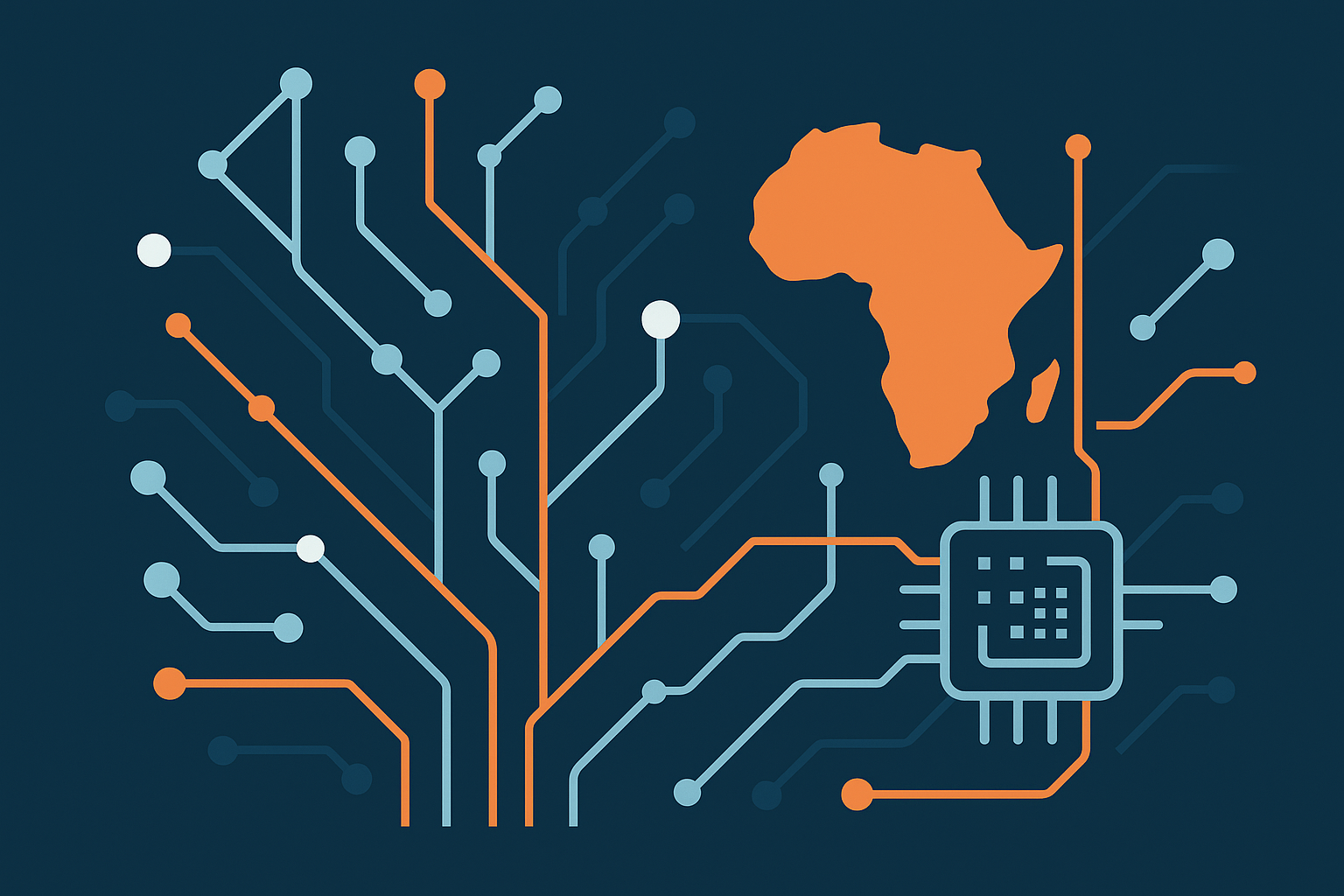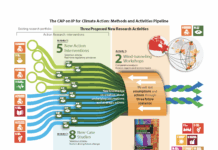Inequitable access to COVID-19 vaccines revealed how global and national regulatory systems can fail to support innovation that serves everyone. The problem extends beyond health. Rules for intellectual property (IP), trade, investment, and competition often hinder innovation that could advance progress toward the Sustainable Development Goals (SDGs).
The pandemic demonstrated that scientific breakthroughs alone are not enough. Without effective and equitable regulation, even the most advanced innovations may fail to reach those who need them. The same structural barriers that limited access to vaccines continue to affect access to other technologies vital for development, from digital infrastructure to clean energy and agricultural innovation.
Context and Rationale
This project emerged from growing recognition that innovation depends as much on governance as it does on research or entrepreneurship. Across lower-income country contexts, regulatory systems often remain fragmented, outdated, or misaligned with development prioritIn many sectors, the same frameworks that were designed to protect investment or promote competition can inadvertently slow the diffusion of beneficial technologies. For example, overly restrictive IP or data regimes can constrain knowledge sharing, while weak competition policies can entrench dominant global actors. By contrast, more adaptive regulatory approaches (such as open licensing, flexible trade provisions, and inclusive data governance) have the potential to stimulate innovation that addresses local needs and supports sustainable development.
The Regulation for Innovation Supporting Sustainable Development Goals project responds directly to these realities. It builds on a “scoping study” done during 2021–2022. That scoping led to “Regulation for Innovation: Conceptualising a Development Research Agenda for Inclusive and Sustainable Economies in Lower-Income Countries (de Beer et al., 2022). The work seeks to understand how regulatory systems can be reshaped to better enable innovation that contributes to equity, resilience, and sustainability.
Purpose and Research Focus
The project explores how regulation can work as a foundation for innovation rather than a constraint on it. It builds on Open AIR’s long-standing research on knowledge governance, IP, and innovation policy, applying those insights to new contexts.
The term “regulation” is understood broadly. It includes formal laws and policies that govern markets as well as multi-level governance, informal norms, and community-based practices that shape how innovation occurs. By examining these overlapping systems, the research identifies where regulatory reform could improve outcomes for health, digital transformation, and environmentally sustainable technologies.
Areas of Study
The project focuses on three key areas.
In global health, it examines how IP, licensing, and competition policies affect access to medicines and vaccines, drawing lessons from the pandemic for future regulatory preparedness.
In digital governance, it analyses how data regulation and cross-border trade shape participation in the digital economy, particularly in light of the growing importance of digital public goods and regional data frameworks.
In sustainable and inclusive economies, it assesses how regulatory systems can encourage low-carbon technologies and green innovation under the African Continental Free Trade Area. Each of these themes connects to wider questions of regulatory coherence and institutional capacity in achieving the SDGs.
Methods and Approach
The project uses a combination of comparative legal analysis, policy review, and collaborative fieldwork with policymakers and practitioners. It draws on Open AIR’s extensive community of scholars and institutional partners across Africa and Canada.
Research methods are designed to ensure that academic and policy knowledge feed into one another. Case-based inquiry and participatory workshops create opportunities for shared learning among researchers, government agencies, and private-sector actors. Consequently, the project both synthesises existing evidence and generates new insights to guide future research and reform.
This integrative approach allows the team to identify practical entry points for change — where legal and policy adaptation can make innovation systems more inclusive and effective.
Expected Outcomes and Impact
The project’s outcomes are both conceptual and practical. Conceptually, it contributes to building a coherent theory of “regulation for innovation” that connects global, regional, and local levels of governance. Practically, it provides evidence and recommendations to help governments, research institutions, and international organisations strengthen their regulatory capacities.
Key outputs include a synthesis report on regulatory challenges across the SDG focus areas, policy briefs identifying opportunities for reform, and a framework for future collaborative research. The project also supports knowledge exchange among institutions across Africa and Canada, ensuring that findings are widely disseminated and inform real-world decision-making.
By embedding issues of gender, equity, and inclusion into its research design, the project also aligns with IDRC’s Strategy 2030 and contributes to the broader objectives of inclusive innovation and sustainable development.
Project Leadership and Support
This four-year initiative runs from 2023 to 2026. It is administered from the Open AIR hub at the University of Cape Town under the direction of Dr Tobias Schonwetter and Prof Jeremy de Beer. The project is led collectively by the Open AIR Steering Committee: Jeremy de Beer, Erika Kraemer-Mbula, Caroline Ncube, Chidi Oguamanam, Melissa Omino, Nagla Rizk, and Tobias Schonwetter. The total budget is about CAD 2 million, supported by the International Development Research Centre (IDRC).
Building a Fairer Innovation System
By reframing regulation as a foundation for innovation rather than a constraint on it, this project contributes to a fairer and more effective global system for the governance of innovation. It also strengthens capacity across the Global South and builds evidence to guide regulatory reforms that support inclusive and sustainable growth.








